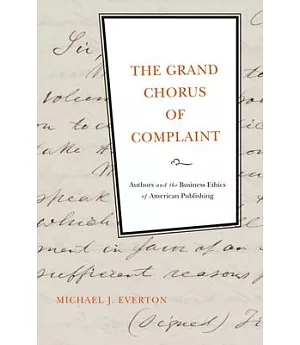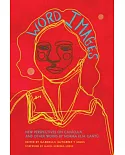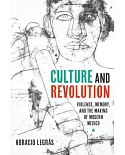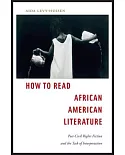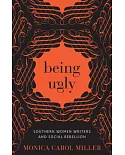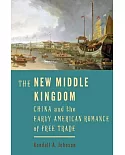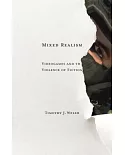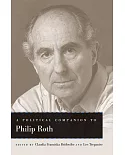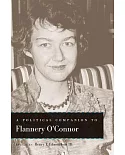When Lord Byron toasted Napoleon for executing a bookseller, and when American satirist Fitz-Greene Halleck picketed his New York publisher for trying to starve him, both writers were taking
part in a time-honored tradition-styling publishers as unregenerate capitalists. However apocryphal, both stories speak to the longstanding feud between and writers and publishers over how the
book business ought to be conducted. Such grumblings were so constant throughout the nineteenth century that Horace Greeley wearily referred to them collectively as "the grand chorus of
complaint."
Ranging from the Revolution to the Civil War, The Grand Chorus of Complaint explores moral propriety in American literary culture, arguing that debates over the business of authorship
and publishing in the United States were simultaneously debates over the ethics and character of capitalism. Michael Everton shows that the moral discourse authors and publishers used in these
debates was not intended as a distraction from debates over economics, intellectual property, or gender in American literary culture. Instead, morality was itself at issue. With case studies of
the fraught publication experiences of authors including Thomas Paine, Hannah Adams, Herman Melville, Fanny Fern, and Gail Hamilton, Everton argues that in their business correspondence and
fiction, in their diaries and essays, authors and publishers talked so much about ethics not to obfuscate their convictions but to clarify them in a commercial world preoccupied by the meanings
and efficacy of moral beliefs. The Grand Chorus of Complaint illustrates that ethics should matter as much to book historians as much as it has come to matter-again-to literary critics
and theorists.
Through wide-ranging primary-source research backed by a nuanced layering of historical detail, The Grand Chorus of Complaint dissects the role of morality in the print culture of
eighteenth- and nineteenth-century America, providing a valuable new perspective on formative forces in the publishing trade.

